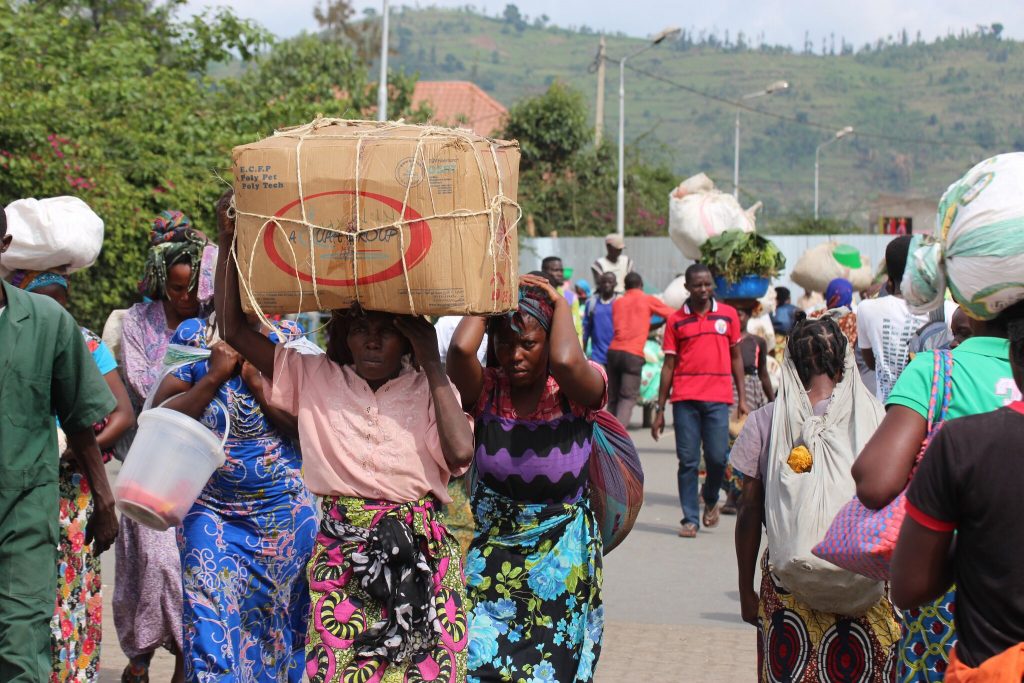
The Joint Border Committees (JBCs) at Gatumba/Kavimvira and Vugizo/Kiliba border posts between Burundi and the Democratic Republic of Congo have been operationalised. COMESA Secretariat convened two Joint border committee meetings for Gatumba/Kavimvira and Vugizo/Kiliba border posts on 8th – 9th September and 11th – 12th September 2025 respectively in Bujumbura, Burundi to make the committees functional.
The meetings were attended by appointed members of the JBCs drawn from border agencies, relevant government ministries, local authorities from border regions, representatives of civil society and private sector organisations including the small-scale cross-border traders’ associations.
In March 2024, COMESA Secretariat, with financial assistance from the World Bank, began the journey to technically support the establishment and operationalisation of JBCs at borders between Burundi and DRC. Terms of Reference for implementing the JBCs and a roadmap were developed that included developing and signing legal texts, appointment of the members of the local committees for each country based on the legal text and to organize, at border level, the JBC operationalisation meeting.
Burundi developed and signed its legal text, the Ministerial Order No. 750/6518 on 25 October 2024 and DRC developed and signed its legal text, in the Province of South Kivu, on 26 May 2025. Both countries appointed members of the JBCs according to the signed legal texts.
To move the process forward, the September meeting clarified the functions and responsibilities of JBC members and they adopted and signed their respective JBC’s Rules of Procedures. Furthermore, the JBCs discussed non-tariff barriers identified at Gatumba/Kavimwira and Vugizo/Kiliba Border Posts and proposed roadmaps to resolve them.
JBCs are a Coordinated Border Management (CBM) approach used to improve cross border coordination to facilitate trade and they are key to trading more, faster, and safer besides making trade policy more inclusive of all marginalised and vulnerable groups such as women, youth, and people with disability. JBCs have proved to be efficient in eliminating non-tariff barriers (NTB), enhancing inter-agency coordination, promoting the sharing of available resources at border posts, improving public-private sector collaboration, and streamlining border operations in the overall interest of trade facilitation.

